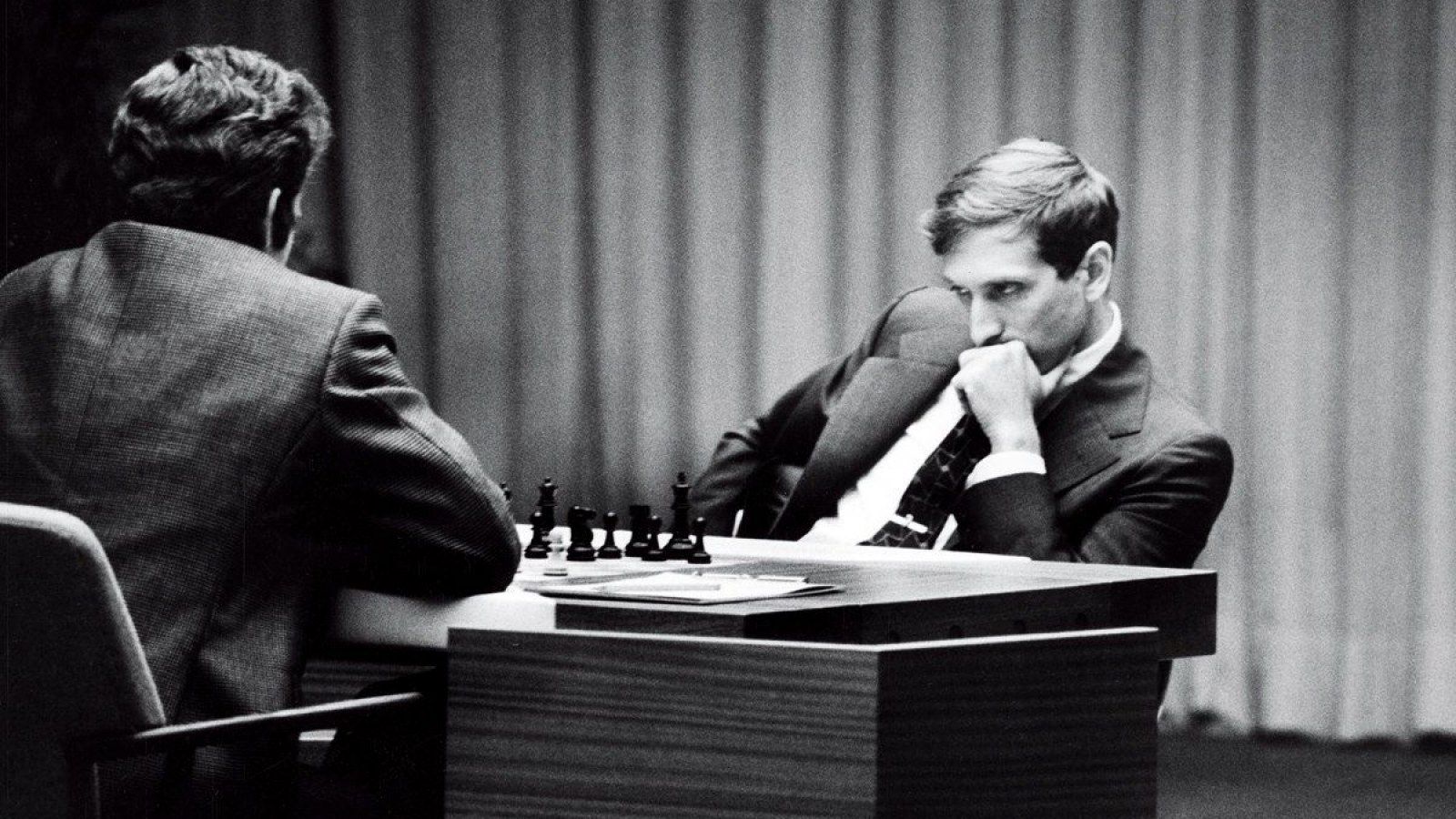My first OTB chess game
I went to the local chess club and played some games last Friday. And I sure had fun (played 4 games, won 2, lost 2), and I would like to share this one game and my thought process during the game with you all. So here goes:

As the title says: I played my first OTB chess game last Friday! It was fun! Time to analyze it with the computer! See where I went wrong!
Little background info: I've been playing chess online for about a year now. Reading some books, watching Youtube lessons, watching games from the grandmasters in tournaments, ...
While playing games online is fun, I thought I could improve a bit faster if I had some feedback from people in the real world. So I went to the local chess club and played some games last Friday. And I sure had fun (played 4 games, won 2, lost 2), and I would like to share this one game and my thought process during the game with you all. So here goes (btw: if you need a refresher on chess notation: https://en.wikipedia.org/wiki/Algebraic_notation_(chess))
Moves that happened on the board will be put in bold, moves that happened only in my head will be in italic.
- d4
I'm a London player, it's a simple opening, rock solid and hard to break through. 1.e4 is the most common move, so I try to shake my opponent into unknown territory from move 1 with the slightly less common but still very good 1.d4
- ... d6
Not what I was expecting. Normally the pawn moves one square further down the middle, contesting the center.
2. e4
I'm a principled man. If my opponent doesn't want the center, I'll gladly take it.
2. ... e5
Finally a strike in the center. As always: I'm a principled man: I take more space.
3. d5 f5
Not what I was expecting, I spend quite some time here and decided to start developing some pieces.
4. Nc3 fxe4
5. Nxe4 Nf6
6. Bg5 Be7
7. Bd3
These moves happened pretty fast. So fast that I even missed to note 2 of them down on my score sheet and had to ask my opponent to fill in the gaps. Computer doesn't like my last move, it thinks taking on the knight with my bishop is better.

7. ... Nxe4
8. Bxe7 Qxe7
9. Bxe4 Qf7
My tactics puzzle brain shoots into action: queen and king on the same diagonal, there's some possibilities here. I continue developing first, and set up a little something:
10. Nf3 h6
11. O-O Nd7
12. Qd3
Computer is yelling at me that I'm too slow, and indeed a simple castle by my opponent and he's in the clear, but he doesn't spot it and we get the following:
12. ... Nf6
13. Bg6

My heart is pounding in my chest: did I miss something, is there a tactic that I'm not seeing that my opponent is playing. Did I just, in my first OTB game, win a queen? A couple minutes go by and my opponent moves, captures my bishop and I capture it back. No tactics, no retaliation, I just won a queen, plain and simple!
13. ... Qxg6
14. Qxg6+ Kf8
Oh, I forgot, this move even comes with check, so now my opponent has lost the right to castle. My position is very, very good! Now I need to compose myself and convert this advantage into a win: trade down pieces and don't blunder now!
15. c4 Bg4
16. b3 c6
17. dxc6 bxc6
18. Nh4 Be2
19. Nf5

I really loved this one: leaving a rook hanging, because I have a more forcing move: threatening checkmate! And not only that, but my knight is now also eying a hanging pawn! My opponent does see the checkmate and defends it with Rg8, so the game goes on.
19. ... Rg8
20. Rfe1 Bh5
21. Qg3 Bg4
22. Nxd6
A little back and forth of: I threaten your piece, you threaten my piece that finally ends with me taking an extra pawn.
22. ... Rd8
23. Qe5
Again: I like this move: protecting my knight and forcing a response from my opponent, threatening checkmate on e7.

23. ... Nd7
24. Qe7#
My opponent doesn't spot it until after he moved his piece. But he kept a very nice poker face during the few minutes it takes me to double check that I made no mistake. I don't want to shout out 'mate!' while I missed a move that could prevent it. My hands are sweating, knees week, arms are heavy. Luckily I didn't have any spaghetti. I move my queen all the way over the board, right next to his king and look up. Did I just beat my opponent on my first OTB game? My opponent reaches his hand out: "good game".
My muscles relax, I slouch back in my chair and I get a smile on my face: "good game!"

Link to lichess study of the entire game (with computer analysis, where the computer is shouting at me that I'm too slow and dumb and it wants to take over my spot since it's 10x better at me than chess):
